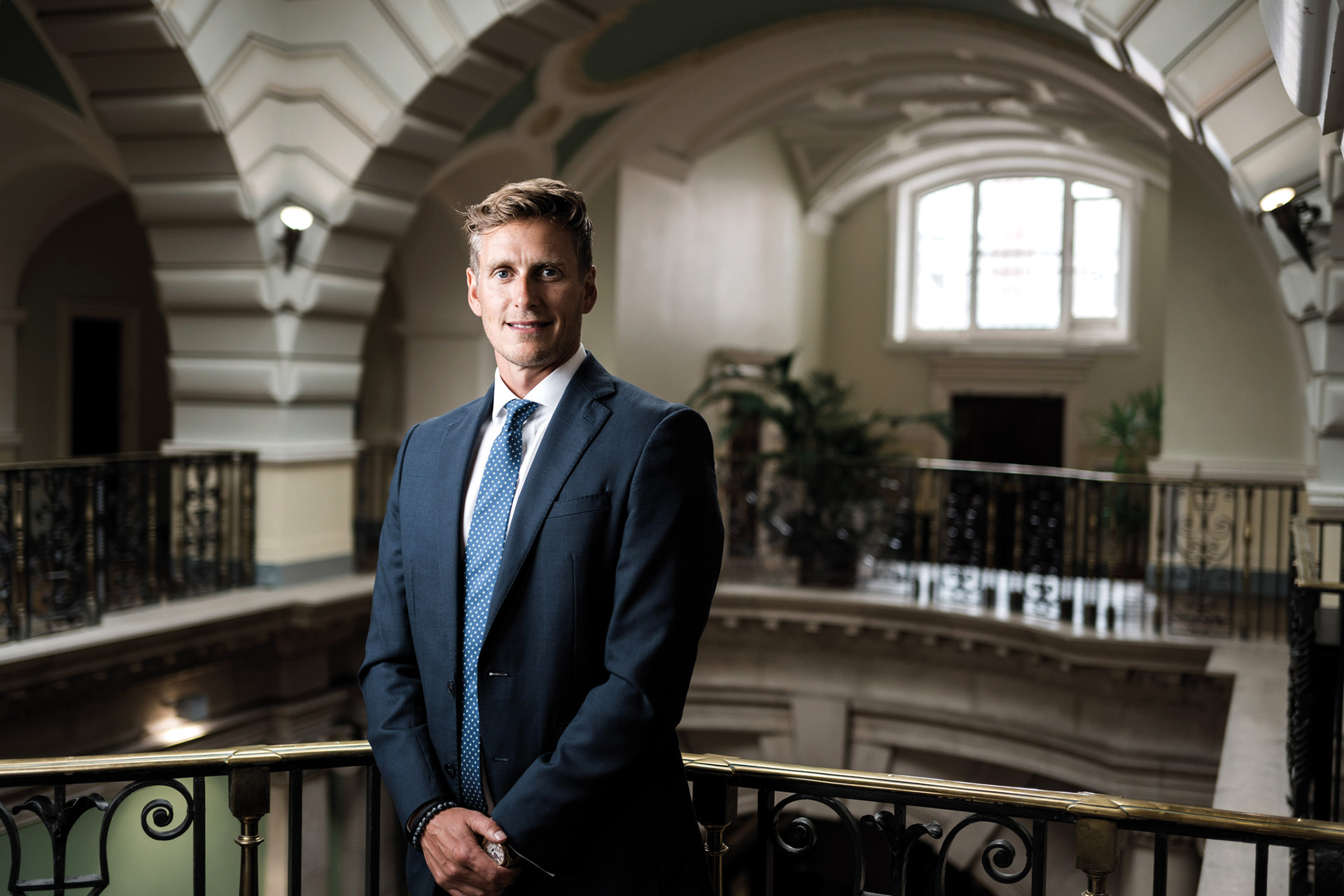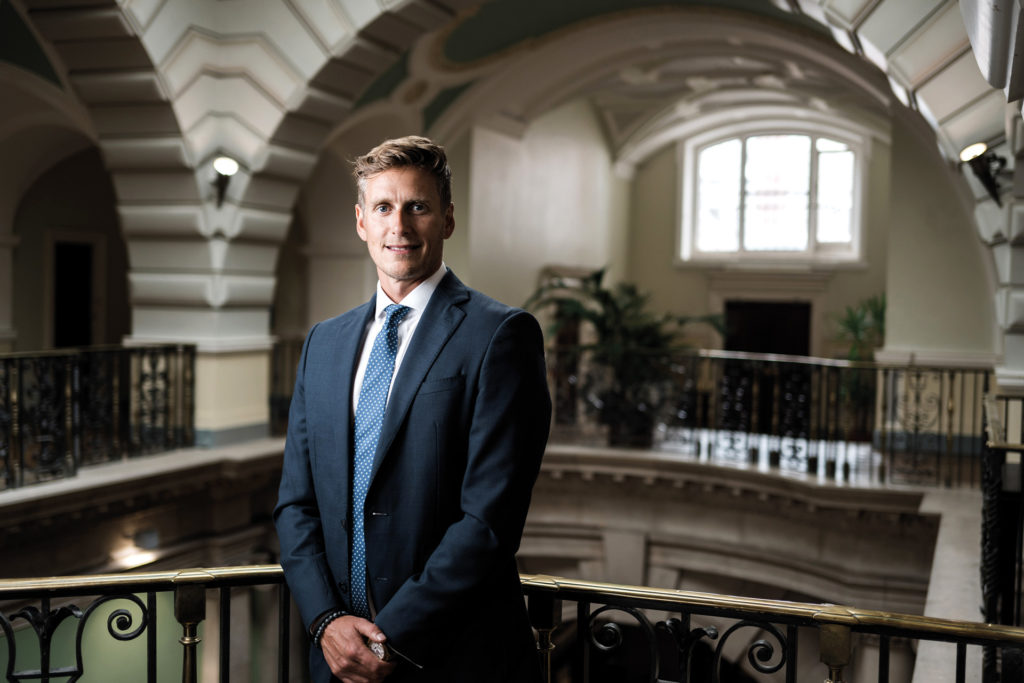Whatever Next?
By
2 years ago

The future of education is all to play for, says Richard Jones, Head of Bryanston
Here’s a paradox: change is now so frequent and fast that we no longer notice it, and we feel that the way things are today is the way they’ve always been.
This thought occurred to me while reading the possibly premature obituaries for Twitter, in which various people waxed nostalgically for the passing of a social media platform as if it were a venerable old tradition rather than something 18 years old. Imagine what will happen when Facebook dies.
Normality is no longer stable and enduring; it changes almost daily, hence the phrase ‘the new normal’. We’re probably informed about it by our phones, on which we have come to depend so much that we can’t imagine life without them.
The implications for educators of this paradox are enormous. Employers want young adults to leave education prepared for the modern workplace. The problem is nobody knows what skills will be required. Literacy and numeracy beyond doubt – but then what? If we base our educational philosophy on the new normal of today, how will it serve our children in five or ten years from now, when the new normal has gone through an unknowable number of tergiversations?

A child’s education should never be focused exclusively on knowledge absorption and examination. Yet that is where successive governments – Labour and Conservative – have pushed us. It has become an article of faith that rote learning leads to exam success which then leads to the best careers. This is education as a pub quiz – it has nothing to do with intelligence.
I need hardly point out that what constitutes knowledge is a contested area too, and filling children’s heads with it rather than teaching them how to question it leaves them poorly prepared for whatever world they will enter as adults.
The key, I believe, is the provision of a clear educational philosophy and supportive culture where children can learn to love their minds, think for themselves, free their spirits and find their own mission in life. Where the spirit of curiosity is encouraged and where creative thinking, imagination and ingenuity are truly allowed to flourish alongside personal development and academic achievement.
Such a progressive approach to education was originally developed by Emily Parkhurst in the United States at the beginning of the last century. She described her ‘Dalton Plan’ not so much as a system but as a way of school living, and her ideas culminated with the first ‘Dalton’ School opening in Massachusetts in 1919.
Here in the UK, the same principles were adopted when Bryanston first opened its doors to pupils back in 1928, and they have stood the test of time by proving to be adaptable to the many forms and needs of education. Indeed, the principles are of even greater relevance in the 21st century workplace, where mental agility, accountability, independence and individual responsibility are assets for any employer and for any member of society.
Core elements of the Dalton Plan have now been adopted by many schools all over the world and here at Bryanston we have continually refined and adjusted the philosophy to ensure relevance and to maintain our progressive approach to education – something we now refer to as the ‘Bryanston Method’.
Each pupil is carefully matched to a tutor who acts as their champion and advocate and who meets them one-to-one every week throughout their time at the school to discuss their wellbeing, their interests and their academic progress. There are three common threads in school life – Independence, Co-operation and Time Management. It’s a powerful and proven strategy. Pupils are encouraged to take their own time and do things in their own way to gain a sense of responsibility, individuality, and self-control; to help others and to seek the help of others when they need it; and to organise their work and time effectively in preparation for adult life.
Such an emotionally and intellectually supportive environment is matched with a clear focus on critical and creative thinking in all areas of the curriculum. Like Emily Parkhurst, I believe that imagination, perspective, and an ability to challenge convention are as applicable in history, science, and maths as they are in music and art.
They are also qualities that not only open doors to new possibilities for each pupil, but also fuel the ingenuity and self-reliance that will be vital as they move on to Higher Education and into an ever-changing workplace – whatever comes next.
See Bryanston’s online listing here.



